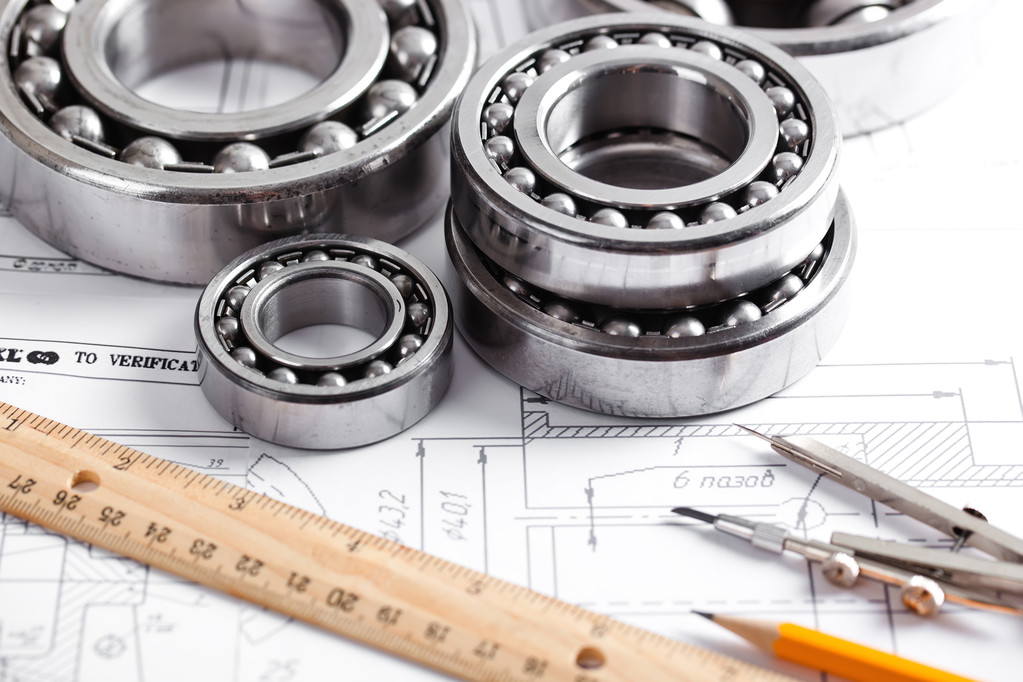Bearings are common mechanical parts used to support and reduce friction in mechanical components. When using bearings, the following points should be noted:
I. Storage Environment:
Bearings should be stored in a dry, well-ventilated environment, away from corrosive substances such as acids, alkalis, and salts. Avoid exposure to moisture and high temperatures to prevent rust and deformation.
II. Storage Location:
Bearings should be placed on a flat shelf or pad to prevent compression or external impact, which could cause deformation or damage.
III. Packaging Protection:
Bearings should be stored in their original packaging to prevent dust, foreign objects, and moisture from entering. Handle bearings gently during storage to avoid dropping or collisions.
IV. Rotation use:
To prevent lubricant loss due to prolonged static storage, bearings should be rotated periodically. A first-in, first-out (FIFO) principle can be used to ensure lubrication performance and service life.
V. Regular Inspection:
Bearings should be inspected regularly during storage to ensure no abnormalities in appearance and that the packaging is intact. If any damage, deformation, or rust is found in the bearing, it should be scrapped or repaired immediately.
VI. Prevent Confusion: When storing bearings, they should be classified and stored according to different models and specifications to avoid confusion. Labels or tags can be used for labeling to facilitate quick location of the required bearing.
VII. Precautions for Use: When using bearings, follow the correct installation and maintenance methods. When installing bearings, pay attention to the correct direction and position to avoid reverse or incorrect installation. When maintaining bearings, clean them regularly, change the lubricant, and keep them running normally.
VIII. Avoid Overloading: When using bearings, avoid overloading them to prevent excessive force, which can lead to bearing damage or shortened lifespan. Select the appropriate bearing model and specifications based on the bearing’s rated load and operating environment.
IX. Note the Bearing Storage Period: Bearings should be used as soon as possible within their storage period to avoid prolonged storage. If bearings are not used for an extended period, protective measures should be taken, such as regular lubrication and rotating the bearing, to maintain its flexibility and normal operation.
Post time: Nov-05-2025








